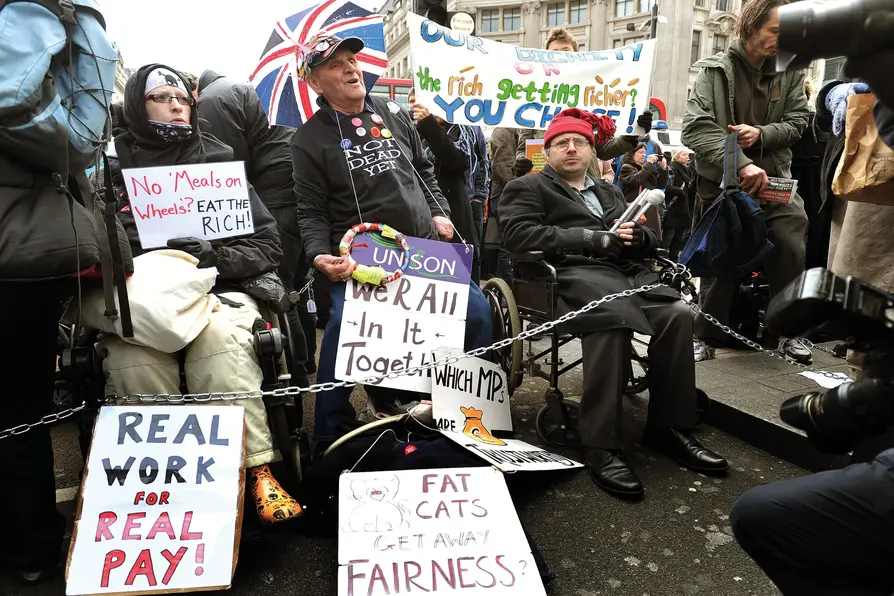John Wojcik pays tribute to a black US activist who spent six decades at the forefront of struggles for voting rights, economic justice and peace – reshaping US politics and inspiring movements worldwide

 WE WANT TO WORK: Disability activists protest previous welfare reforms in London, 2020
WE WANT TO WORK: Disability activists protest previous welfare reforms in London, 2020
THOSE with a disability want to work — and do work if they can. But mounting disability-related costs, such as care costs, as well as hostile environments for those who do get jobs, mean there are lots of barriers to entering the workplace and remaining in work.
A Labour government making it harder to apply for Personal Independence Payments (PIP) or renew claims for PIP will be another barrier for those who are trying to access the workplace.
With the reports of those with disabilities languishing at home and not wanting to work, it’s important to get two points clear from the start. Nobody wants a disability, and nobody wants to be stuck at home all day.

Plans to delay access to the universal credit health element until age 22 have triggered fierce opposition from disabled people’s groups, who warn it would deepen poverty and entrench discrimination against young disabled people under the guise of ‘encouraging work.’ DYLAN MURPHY reports












